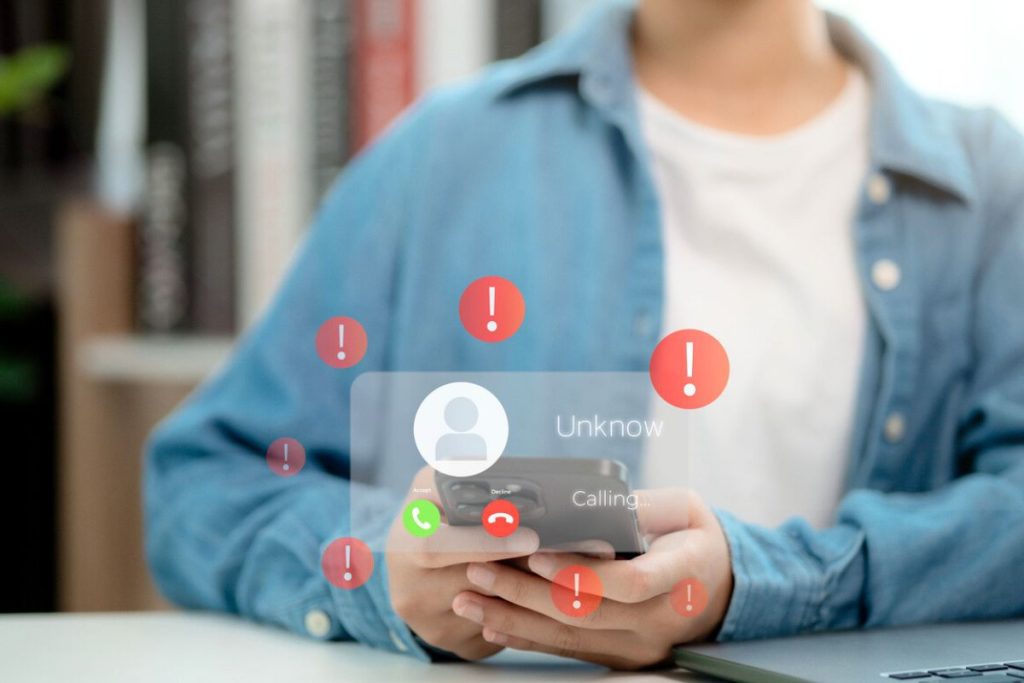We’ve all been there—you’re in the middle of dinner, or maybe winding down after a long day, when your phone buzzes with an unknown number. You pick up, only to hear the dreaded pause followed by a stranger offering you a new energy contract or asking about your car insurance. Telemarketing has become one of the most persistent intrusions in our daily lives.
In countries like France, the problem got so out of hand that strict rules had to be enforced. Call centers are now limited to using specific number prefixes, and they’re only allowed to call during certain hours on weekdays. Still, many consumers continue to receive unwanted calls, often from companies that bend the rules—or ignore them completely.
New rules aren’t stopping the worst offenders
Since early 2023, new regulations have tried to clamp down on the madness. Cold calls are now restricted to weekdays between 10 a.m. and 8 p.m., with a clear ban on weekends and holidays. Services like Bloctel, an official do-not-call list, were designed to help people reclaim their peace. But in practice, these tools don’t always do the trick. Some telemarketers—and worse, scammers—still find ways to slip through the cracks.
And that’s when it goes from being annoying to downright dangerous. Phone scams have surged, with fraudsters posing as customer service agents or pretending to conduct surveys. In some cases, they’ll pressure you into making payments or handing over sensitive information. If you get a suspicious call or text, one helpful step is to forward the number to 33700, a reporting service dedicated to fighting spam in some European countries.
A simple strategy to avoid scams and spam calls
Staying safe starts with vigilance. Don’t answer numbers you don’t recognize. Never give out personal info unless you’re absolutely certain who you’re talking to. But there’s another trick that few people talk about—and it’s one that telemarketers themselves use to avoid being targeted by their own kind.
The secret? It’s all about managing your personal data like a pro.
The insider trick telemarketers don’t want you to know
Believe it or not, many former cold-callers know exactly how to avoid being bombarded by calls—and it has nothing to do with expensive apps or complicated settings. It comes down to a smart handling of personal information. They know that the more you share your phone number, the more likely it is to end up on a call list.
So here’s what they do: they never enter their number unless it’s absolutely required. That online giveaway? Skip the phone field. Signing up for a newsletter? Leave the number blank. Even when using apps or registering for services, they go into the settings and uncheck the box that says, “I agree to share my personal data.”
It sounds tedious, and yes, sometimes it is. But it’s a small effort that pays off big. By limiting who has access to your number, you drastically cut down on how often it ends up in the hands of marketers—or worse.
Take back control of your phone
In the age of digital oversharing, it’s easy to forget just how valuable your mobile number really is. But once it’s out there, it’s hard to put the genie back in the bottle. So treat it like you would any other private asset. Be selective. Be cautious. And if you want to stop those cold calls for good, think like a telemarketer—and beat them at their own game.


